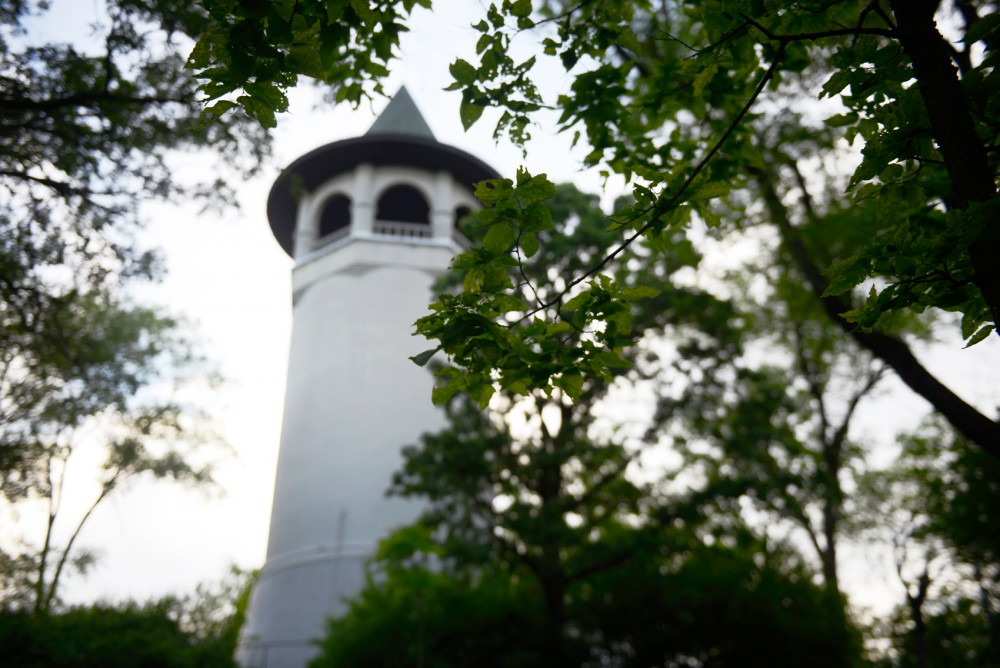Neighborhood organizations around the University of Minnesota have shifted priorities as COVID-19 concerns have ramped up.
Organizations have moved their meetings online to maintain some semblance of regular operations. Groups have canceled in-person events, and some are using funds to respond to the pandemic.
“Oh, boy. Everything’s changed for everybody,” said Eric Amel, president of the Prospect Park Association. “It becomes the elephant in the room.”
The city’s Neighborhood and Community Relations office relaxed requirements to allow organizations to move meetings online. The city requires neighborhoods to meet on certain issues to maintain their official status and receive funding.
The Prospect Park Association canceled its celebrated annual ice cream social where visitors can climb to the top of the Witch’s Hat Tower. The event draws thousands of visitors as a fundraiser for the neighborhood’s Pratt School. Stakeholders are discussing holding the event in the fall.
PPA has created a neighbor help program connecting volunteers to other residents, which could mean picking up groceries or doing yard work for seniors. But Amel said any type of assistance is welcome.
Similarly, a 10-person response group in Cedar-Riverside comprised of young people is delivering groceries for seniors in their neighborhood.
David Alderson, co-executive director of the Cedar-Riverside Community Coalition, said while the organization’s role has not changed, the group has adapted priorities to the pandemic.
“We become the hub for information and for resources and guidance strictly for the West Bank community,” Alderson said. CRCC is publishing information on its website.
The organization is also preparing for the upcoming Ward 6 special election and still trying to promote youth leadership and do outreach for substance abuse. But under strained resources, Alderson said CRCC’s main goal is to make sure Riverside Plaza does not become a COVID-19 hotspot.
Southeast Como has its own unique concerns. The Southeast Como Improvement Association is working to provide further opportunities for its five interns who have lost other jobs due to the pandemic.
“We agreed as a board: if they can come up with projects that they can make a case for and are well-aligned with our mission, you know, we’re finding the money for them,” said SECIA President Karl Smith.
One of Southeast Como’s distinctive features is its gardens, which Smith said they are trying to maintain while social distancing.
COVID-19 has disrupted a lot of work in Marcy-Holmes, like census outreach. Besides planning for the national count, Marcy-Holmes Neighborhood Association community organizer Jessica Focht-Perlberg had spent a month seeking a $10,000 grant for organics recycling from the county that has now been nixed.
Chris Lautenschlager, executive director of MHNA, is unsure how the organization can offer meaningful help. Much like other organizations, MHNA has republished information from health and government officials, but he said resources are limited.
He said he is worried about how the pandemic will impact the city’s budget in the future — and what place neighborhood organizations will have if it continues.
“How do we respond to COVID-19?” Lautenschlager said. “Are we really built to respond to this sort of crisis?”













